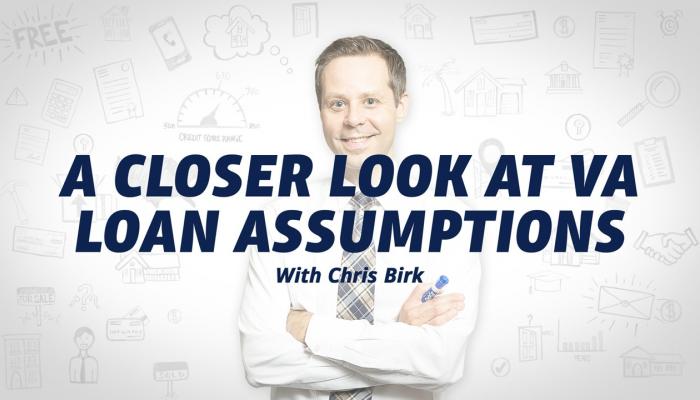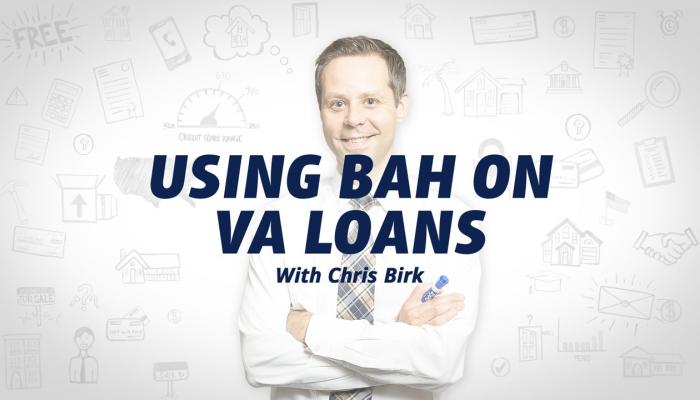Once you’ve found the right home, it's important to know how to put together an offer to purchase the property. It's normal to feel a mix of excitement and nervousness during the negotiating process.
When making an offer on a house, seek guidance from your real estate agent and trust your instincts, as the decision ultimately rests in your hands. Here are some general tips to consider.
Thoroughly Investigate the Area
Make sure you've done your homework. Verify the school information, property boundary lines and more. Visit the home and the neighborhood at different times of the day. Scour local news sources and talk with your real estate agent or local officials regarding any pending changes to or near the property. You want to avoid finding out after closing that a factory or a four-lane highway is going up nearby.
Seller Motivation
See what your agent can learn about the seller's motivations. Motivated home sellers often seem eager to cut you a deal or speed up the process, but their reasons for doing so aren't always altruistic. Are they looking to sell because of significant changes coming to the area? Or they may be taking a new job and are desperate to unload the property.
Every seller's reasoning is different, but getting insight into their mindset and motivation can help strengthen your negotiating position.
Read Your Comparative Market Analysis
Before making an offer, you'll want to compare the sales prices of similar homes. Your real estate agent will handle the number crunching and prepare a "Comparative Market Analysis" (CMA). The CMA compares and contrasts the characteristics and sales prices of similar homes. The CMA also looks at how long the property has been on the market and what the sellers paid for it originally. It's an educated estimate of the fair market value of your future home and an excellent tool for picking a starting point for negotiations.
Start Where It Makes Sense
You've already determined exactly how much you're willing to spend on the home. Protect your financial future by sticking to this figure. Remember that a first offer is seldom accepted, so you'll want to leave some wiggle room between your initial offer and your total housing budget.
Find a middle ground for your initial offer that you feel comfortable with. Of course, you want to avoid overpaying for the home, but you also don't want to start with a lowball offer and risk offending the sellers. And, as always, rely on your agent's guidance.
Answer a few questions below to speak with a specialist about what your military service has earned you.
Include Earnest Money
To show that you're a serious buyer, it's a good idea (and a legal requirement in some places) to include a deposit with your offer. This deposit is known as "earnest money" and, if agreed upon in the contract, can be refunded to you even if you walk away from the sale.
Ask your real estate agent for advice on how much earnest money you should put down. Some agents suggest depositing a small percentage of the sales price, while others recommend a flat amount ranging from $500 to $2,000.
Agree on Home Purchase Contingencies
Home purchase contingencies are your way of saying, "I want to buy this house, but only if X, Y and Z happen." Contingencies are negotiations that need to be agreed upon by the buyer and the seller before they can be included in the contract. Your agent will have a good handle on what contingencies and specific requests you should include.
Let’s take a look at some of the most common contingencies:
- Purchase price: The exact dollar amount you'll pay for the home.
- Financing terms: Contracts will typically include a clause that says your purchase is contingent on you obtaining a loan within a specific window of time, often 30 or 45 days. Exceeding this timeframe can open the door to a contract cancellation. A financing contingency can help protect your earnest money in the event you're ultimately unable to land a home loan.
- Closing date: You'll spell out the day you would like to close on the loan and take possession of the home. While it's tempting to push for a quick closing, it's a good idea to allow a cushion for delays or other issues. The most important thing is to set a realistic date. Also, be on the lookout for contract provisions that allow the sellers to charge a daily fee for delays in closing. Remember, too, that when your contract "expires" or reaches the agreed-upon close date, the seller is not obligated to grant an extension.
- Window to respond: Some purchase offers require sellers to respond within a certain period. Otherwise, the offer is void. You don't want to be left hanging for days while other properties come on and off the market. This also helps avoid a scenario where a seller uses your offer as a bargaining chip.
- Home inspection: Most buyers want to make the purchase contingent on the results of a home inspection. Don't make the mistake of skipping an inspection to save money. A professional home inspection can reveal all sorts of costly problems.
- Existing home sale: Veterans and military members who currently own a home may want to make their new purchase contingent upon their ability to sell their old house.
- Earnest Money Agreement: Homebuyers will typically include a clause that requires the return of their earnest money if the home appraisal turns up problems, financing falls through or some other unforeseen issue beyond their control occurs. VA loans automatically protect a buyer's earnest money if they walk away from a deal because the appraised value comes in below the purchase price (it's called the VA Escape Clause).
Seller Concessions
Although it only comes into play once your offer is accepted, getting a seller to pay your closing costs is one of the most common contract contingencies, as it can save you from having to come up with cash at closing. Closing costs are the costs and fees associated with originating and finalizing your loan. Sellers often agree to pay some or all of a buyer's closing costs.
On a VA purchase, buyers can ask the seller to pay all of their mortgage-related closing costs and up to 4 percent of the purchase price in concessions, which can cover things like prepaid taxes and insurance, paying off a buyer's collections or judgments and more.
With good negotiating skills, patience and a bit of luck, you will successfully reach mutually agreeable terms with the seller and proceed to the final stages of purchasing your dream home.
Answer a few questions below to speak with a specialist about what your military service has earned you.
Related Posts
-
 VA Loan Assumption: Breaking Down How VA Assumptions WorkAssuming another's VA loan is an intriguing benefit with VA loans. Here we take a look at what an assumption is, the process and who can assume a VA loan.
VA Loan Assumption: Breaking Down How VA Assumptions WorkAssuming another's VA loan is an intriguing benefit with VA loans. Here we take a look at what an assumption is, the process and who can assume a VA loan. -
 Using Basic Allowance for Housing (BAH) on VA LoansAn incredibly powerful benefit of the VA home loan is military members' ability to use their Basic Allowance for Housing (BAH) towards their mortgage payments. BAH rates depend on several different factors, so it's crucial to verify your amount with the DOD.
Using Basic Allowance for Housing (BAH) on VA LoansAn incredibly powerful benefit of the VA home loan is military members' ability to use their Basic Allowance for Housing (BAH) towards their mortgage payments. BAH rates depend on several different factors, so it's crucial to verify your amount with the DOD.


